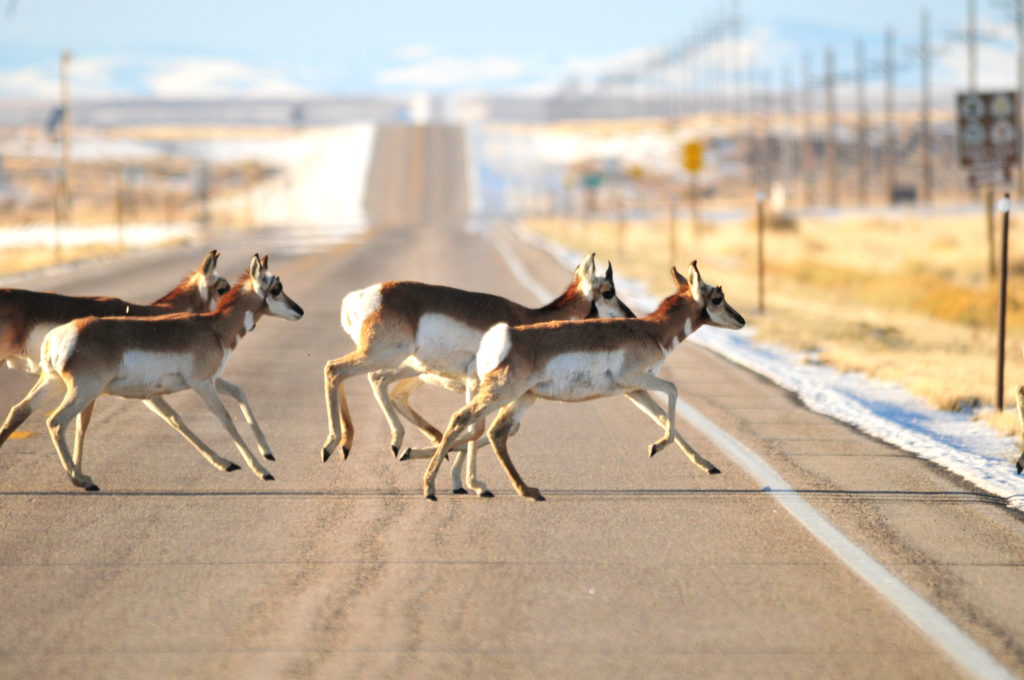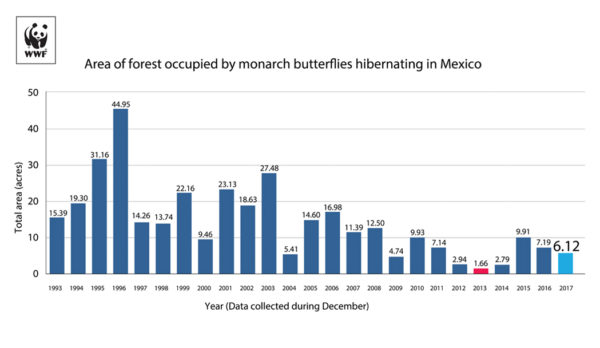Hamilton, Ont., The First Unitarian Church of Hamilton – Carolinian Habitat Restoration and Public Education Project
The Unitarian Garden project has converted an overgrown, once traditional garden on top of a landfill into a functioning Carolinian wildlife habitat. This growing season, invasive species will be removed, and more plants and abiotic materials will be added for a richer habitat.
Kitchener, Ont., Wilfrid Laurier University – Building for Bees: Creating Habitat by Planting a Pollinator Garden
Wilfrid Laurier University is creating a pollinator garden to support bees, butterflies, moths, beetles, and other beneficial insects, as well as soil health, and an overall healthy ecosystem. The garden will be critical for pollinator conservation as well as a focal point for engaging University students and the larger community to educate about the needs of pollinators.
Fredericton, N.B., Nature NB – “Get to know your IBA”: Celebrating Important Bird Areas in New Brunswick
Through three public events, Nature NB’s ‘Get to Know Your IBA’ project will connect New Brunswickers to Important Bird Areas along the Bay of Fundy coast, educate communities about shorebird conservation, and provide opportunities for the public to get involved in shorebird conservation efforts.
Lindsay, Ont., Fleming College – Community Seed Bank Collection Program
With climate change creating uncertain growing conditions and a dramatic increase in habitat loss, Fleming College is building a community seed bank program to supply regionally adapted, native seed for future restoration projects in the region. The Community Seed Bank Collection Program will educate students and local partners about the need for and, principles of, basic seed conservation such as identifying and forecasting seed sources, seed harvesting and preservation methods, vascular plant propagation techniques and the principles and methodologies used in ecological restoration.
Stratford, P.E.I., Stratford Area Watershed Improvement Group – Restoring Eelgrass Beds in Stratford, PEI
The Stratford Area Watershed Improvement Group is restoring eelgrass beds, which buffer against erosion, store carbon, provide habitat, store sediment and excess nutrients, and provide a necessary food source for a variety of animals.
Tofino, B.C., Strawberry Isle Marine Research Society – Tofino Tidepool Guardian Program
The Tofino Tidepool Guardian Program is an outdoor experiential education and citizen science project that engages youth and volunteers in sea star monitoring in coastal intertidal ecosystems on the west coast of Vancouver Island. Sea stars are an iconic species, a top predator, and are ecologically important to intertidal ecosystems. This project is in response to the drastic decline of multiple sea star species on the west coast of North America.
Toronto, Ont., Ryerson University – Ryerson University Road Salt Reduction Demonstration Project
Long-term salinization of groundwater and surface water (e.g., rivers, lakes, wetlands), from excess road salt use, poses risks to human and aquatic ecosystem health. To reduce the risk, this project will evaluate the effectiveness of using anti-icing for reducing road salt usage on Ryerson University campus and promote road salt reduction to the public, private commercial property owners, water professionals, and policy/decision makers.
Niagara-on-the-Lake, Ont., Niagara College – Native Pollinator Gardens
Niagara College is expanding and improving several native pollinator gardens with the goal of encouraging pollinators, both on campus and in the wider community, and educating students and staff on the importance of supporting pollinator species. The integration of pollinator gardens on campus will also support the bee apiary and bee colonies used for the commercial beekeeping program.
London, Ont., ReForest London – Bringing the Wildlife Home: Working with Residents to Plant Trees for Wildlife in the Forest City
“Wildlife Tree Depots” events will give away free native trees to residents, chosen specifically for their high wildlife value. Participants will learn about how each tree supports wildlife, as well other things they can do in their own yards to attract wildlife, such as providing a water source or sources of shelter. By having the chance to create wildlife habitat in their own backyards, residents will develop a stronger appreciation of nature and wildlife, and how simple actions, even in their own backyard, can make a big difference to the local environment.
Yellowknife, N.T., Ecology North – Natural History Events
Ecology North hosts a number of events throughout the year to educate and engage people in local land, water, and wildlife. These events encourage family participation and inter-generational knowledge transfer, and often include elders, engaged youth, scientists doing research in or around the communities, teachers, or other enthusiastic community members.
Rimouski, Que., L’Université de Québec à Rimouski – No porcupine without pine! Census and Conservation of Jack Pine in Bas-Saint-Laurent*
The objective of the project is to identify the rare jack pine forests in Bas-Saint-Laurent and to collect the cones of this species in order to constitute a regional seed bank. The collection of these seeds will preserve the genetic heritage of these marginal populations and provide for the reforestation of the species in the region.
Shawinigan, Que., Bassin Versant Saint-Maurice – Fight against wild parsnip at Trou à Barbotte*
In addition to being a threat to biodiversity, wild parsnip also poses risks to human health since its sap, on contact with the skin, can cause severe burns. As a result, the project aims to eliminate this species in Baie du Trou à Barbotte while there is still time to act. More concretely, in the spring of 2019, it will be necessary to carry out an eradication chore in order to methodically remove all the wild parsnip plants inventoried on this site.
Montreal, Que., Fondation Écologique du Grand Montréal – Ecological improvement of the wooded park of the boatmen*
The objective of the Bateliers Park Improvement Project is to maintain an ecosystem of interest in perpetuity on the Rivière-des-Prairies shore so that future generations can enjoy the richness of this exceptional site. The project to protect and enhance this ecosystem will help to familiarize the public with Québec’s nature. Emphasis will be placed on the protection of species in precarious situations and the monitoring of wildlife structures for birds and bats.
*Translation of the original French title











